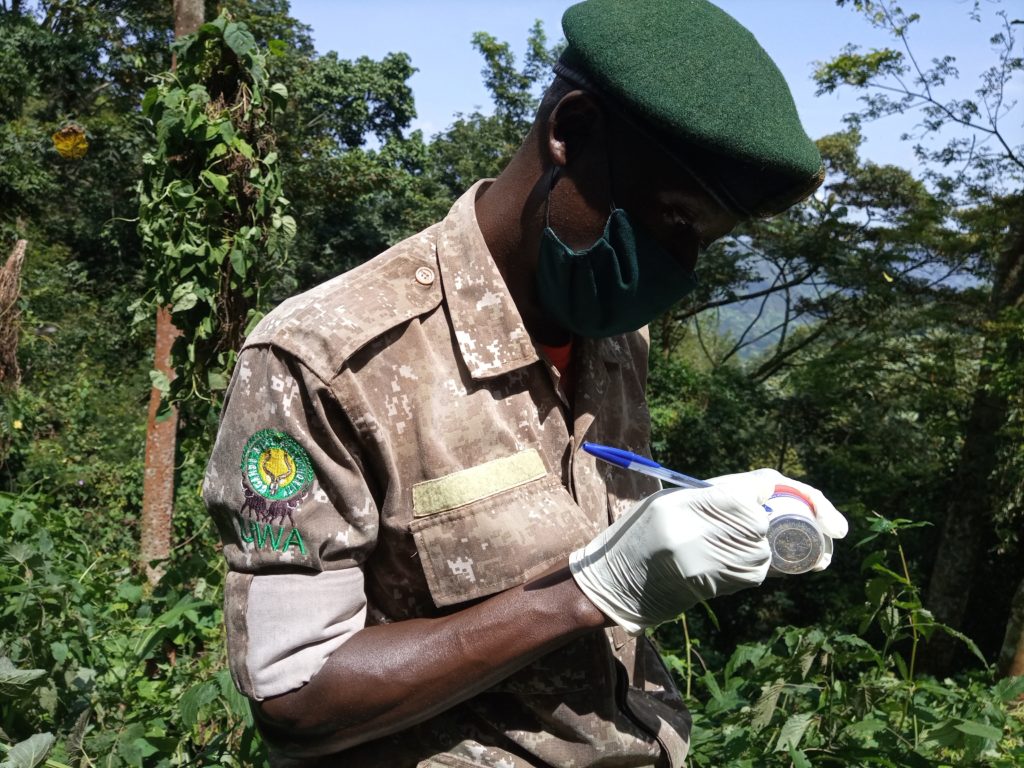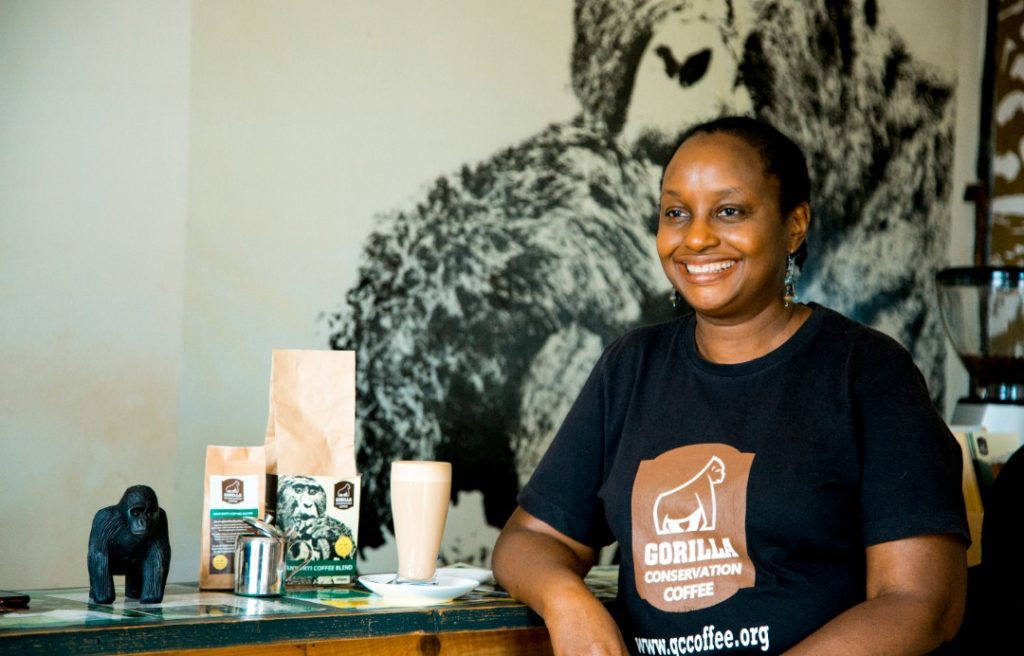Published: 11/19/2020
Once a month we like to highlight the incredible work of our colleagues taking on challenging global health issues around the field. This month takes us to Uganda, where Dr. Gladys Kalema-Zikusoka is working to preserve the native gorilla population, keep the vulnerable local economy afloat during a time without tourism, and also prevent the novel coronavirus from mutating into a greater threat in a different host — gorillas.

| Dr. Gladys Kalema-Zikusoka, Founder and CEO, Conservation Through Public Health |
Because of their similar genetic makeup, gorillas and humans are able to transmit many diseases between one another. In the 1990s and early 2000s, fatal scabies outbreaks in critically endangered mountain gorillas were traced back to the local human community that suffered from inadequate health services. In response, we founded Conservation Through Public Health(CTPH), a non-profit focused on preventing zoonotic disease transmission from animals to humans and vice-versa.
At CTPH, we subscribe to the idea of One Health. Like Human and Planetary Health – One Health acknowledges the inherent interdependence of human, animal, and ecosystem health and requires a multi-sectoral approach in order to protect both humans and animals from disease. When the COVID-19 pandemic began, our greatest concern was the spread of disease from tourists to the gorillas, as well as from the local human population when gorillas forage on their land. We built upon CTPH’s One Health model to respond to the pandemic, and joined the Uganda Ministry of Health COVID-19 Taskforce that is guiding the national response to also protect great apes during the pandemic.

Working closely with Uganda Wildlife Authority (UWA), International Gorilla Conservation Programme, Mountain Gorilla Veterinary Project/Gorilla Doctors, Max Planck Institute and Bwindi Community Hospital, CTPH trained park rangers and porters to prevent the spread of COVID-19 between people and from people to gorillas using cloth masks made by a local enterprise, Ride for a Woman. Gorilla viewing rules were upgraded to introduce mandatory wearing of face masks, hand washing, disinfection, taking of temperatures, and the viewing distance increased from 7 to 10 meters.

The economic effects of the pandemic are also impacting local communities, resulting in a subsequent impact on wildlife. The suspension of tourism in Uganda led to the tragic death of a lead silverback gorilla, speared by an impoverished, hungry poacher hunting duiker and bush pigs to feed his family. This close encounter also put the gorillas at risk from human disease.

To address hunger brought about by the lack of tourism income, CTPH re-engaged reformed poachers with group livestock projects and started a new program distributing fast growing seedlings to vulnerable community members. Nevertheless, CTPH’s Gorilla Conservation Coffeesocial enterprise continued providing an income for coffee farmers with support from Moneyrow Beans and Pangols, our first distributors in the UK and US.
Travel is unlikely to resume to previous levels until a vaccine is found. CTPH is beginning to conduct COVID-19 testing of gorillas and those who interact with them, as well as continue raising funds to support UWA and Bwindi local communities in this critical time.
To Learn more, please visit www.ctph.org and www.gccoffee.org or follow them on Twitter at @CTPHuganda and @GCCoffee1.